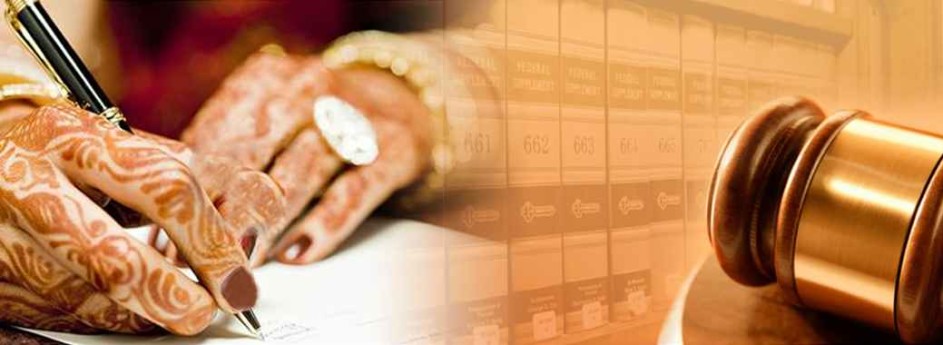The Court Marriage in Hapur allows both the bride and the groom to get married in a hallowed and sanctified place. This is usually a traditional hall where a priest offers the couple a hymn and vows them to be bound for each other for the rest of their lives. The bride and the groom then take an oath to live together and be fruitful and multiply. This court marriage may be solemnized in the presence of the priest or any other senior member of the community.
In case you are looking for Court marriage in Hapur but is not looking for a solemnized ceremony, there are several alternatives available to you. One of them is the 'Residential proof' for the marriage. As the name implies, this is a document that provides all the necessary information required to prove the marriage. This includes the bride's and the groom's residential proof, the age proof, the postal address proof and a witness proof. Apart from these, the residential proof also includes proof of the possession of all the requisite properties.
Another type of alternative is the 'itual proof'. A ritual proof consists of various documents which facilitate the exchange of marriage certificates. These include the marriage ceremony invitation, the marriage cards, the marriage certificate and the hapur. The paper serves as a proof of the authenticity and antiquity of the marriage.
If you want to get married legally in India, then it is important that you consult with a family law attorney. An attorney can help you understand your rights and fight for your legal rights. On the other hand, if you plan to get a court marriage in Hapur, then you will need to look for an attorney who deals with such types of cases on a regular basis.
There are some special laws that apply to arya samaj marriage in court like the dowry system in which the dowry is given by the bride to the groom. The dowry system has been traditionally considered as a practice to limit the number of women that a man would have to sleep with. There are some states in India like Andhra Pradesh that do not recognise a dowry as a legal consent for a marriage. Other than this, there are many other marriages that do not follow this tradition in the eyes of many people. But whatever the case is, the dowry is still a part of a special marriage.
Court Marriage is a common procedure, which has to be followed by everyone. If a marriage is not registered it is not considered valid during legal procedures such as, applying for a joint home loan. You could also be fined for not registering your marriage. It is a rule that all the marriages have to be registered whether you are having a wedding ceremony or not.
A marriage certificate is an important proof, in case there are some problems between you and your spouse in the future and a legal action needs to be taken.
Advantages of Court Marriage Certificate:-
• Certificate of Marriage is a document, which provides valuable evidence of marriage;
• Certificate of Marriage is a document providing social security, self-confidence particularly among married Women.
• Court Marriage Certificate is useful in getting the visa for the wife/husband.
• It will be helpful in claiming the Bank deposits or Life Insurance benefits when the depositee or the Insurer dies without a nomination or otherwise.
Documents required for the Performance & Registration of Court Marriage
1. Passport Size Photographs – four each of Marrying Persons.
2. Residential Proof (Voter Card / Passport / Ration Car / Driving License / Bank Passbook / Lease Deed / Rent Deed) of Marrying Persons.
3. Date of Birth Proof (Municipal Corporation Certificate, X th or XII th Examination Certificate, Passport, PAN Card) of Marrying Persons.
4. If any party is divorcee Certified copy of Decree of Divorce granted by the Court.
5. If any party is widow / widower Death Certificate of the dead spouse.
6. If any party is a Foreign Citizen or holding a foreign Passport or is having foreign residential address – Certificate of Present Marital Status of the party / No Impediment Certificate / NOC from concerned Embassy and Valid VISA.
7. Two Witnesses (Both should be major)



